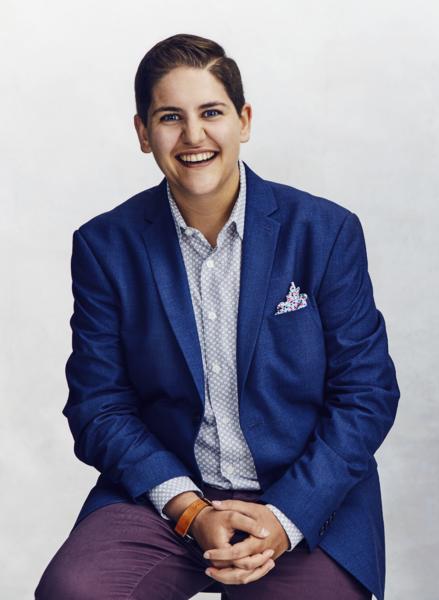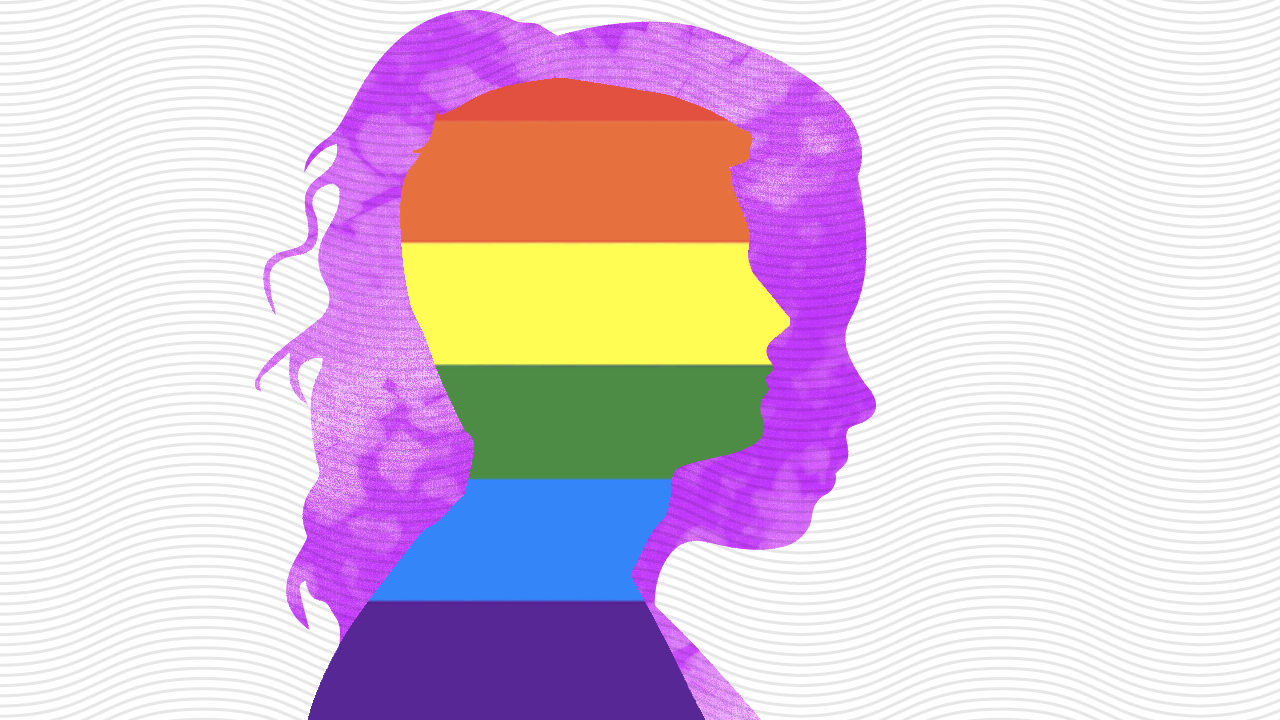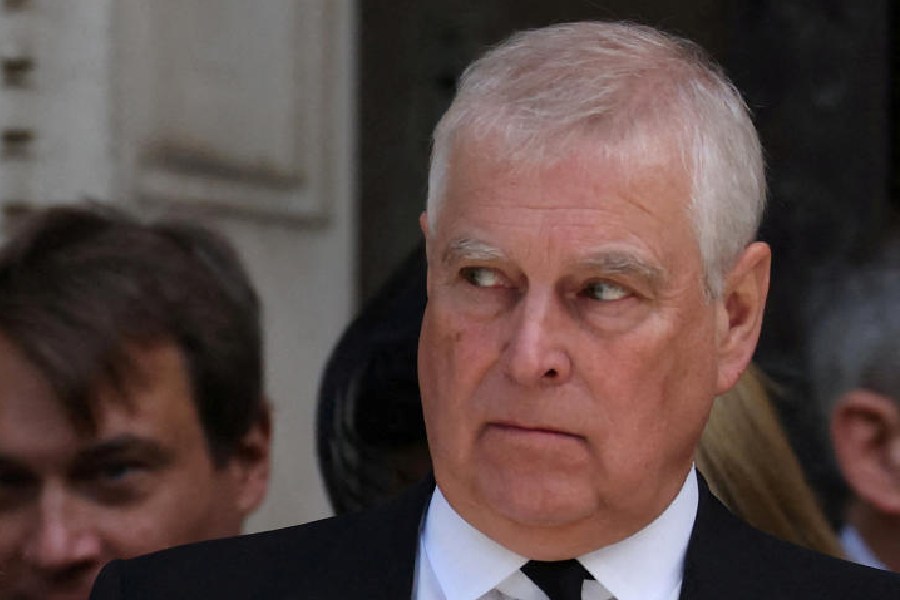You are known as a champion of workplace inclusivity. For anyone who still needs to be convinced, why is it so important?
This is something I’ve always been passionate about as an individual, even when it wasn’t part of my job description. There are many reasons why; I could literally talk about this all day, but there are two things in particular that really resonate with me and that I believe will resonate with others.
The first is the concept of ‘brain space’. If we think of our brains as computers, we all have 100 per cent capacity to work with. About 20% of our brain power goes into basic, automatic functions like eating, sleeping and physical coordination, which leaves 80 per cent for everything else. Imagine if you take about 50 per cent of that away with endless self-questioning about things like, Can I be myself at work without getting fired? How can I find time to go to the bathroom in the food court (because I can’t go in the office)? Should I wear this to work, or will it be too provocative? Will I ‘out myself’? These are just a few examples.
As someone who recently came out as Trans publically—on January 8, 2019, on my birthday—I know first-hand what it’s like to have so much of your brain space taken up. We often hear the phrase, ‘Bring your authentic self to work’, and for me, that has translated into me reclaiming some of that brain space so that I can use it to be creative and innovative at work and connect with those around me, without fear or over-thinking. I now bring all of myself to work and use much more of that 80% in constructive ways—and I’ve seen the impact of that on my ability to add value. I see it even more so in the people around me. Inclusivity in every which way is important, because it allows each of us to maximize our effort.
The second key point around workplace inclusivity is diversity of thought. When we talk about inclusion, it is often about external things like race and gender; but the inclusion that I champion is not a check-box exercise to make sure we’ve got ‘the rainbow’ in the room; it is one where the intersections of identity that each person carries with them every single day are celebrated. Every person has a different set of identities, whether they be visible or not, and I want those identities to be welcomed, explored and empowered. So that when we sit down and try to solve the world’s most complex problems, we are truly bringing diversity of thought to the conversation. It is at the intersection of lived experiences—both personal and professional—that the greatest solutions, the greatest thought and the greatest conversations take place.
In your current role, part of your mandate is to drive innovation. How do you go about that?
Innovation isn’t something you can cook up in a lab, assign a leader, and call it a day. To me, innovation is a way of life; it’s a way of looking at every interaction, every question, and challenging that. I personally challenge myself every day to be innovative in my thinking. I don’t want to ever be complacent about the way that things are. A phrase that people often hear me say is, There has got to be a better way. The challenge we face is that innovation doesn’t always look sexy or cool. Sometimes it’s as simple as a check list; sometimes it is a robot that talks and dances and looks awesome; and sometimes it’s about standardizing in a way that unlocks other innovation.
There are so many different types of innovation; it’s really about having a mindset that you bring with you everywhere you go. For example, this past weekend, I got up to my cottage and the front gate was frozen shut. I tried using sheer strength for about five minutes, but I quickly realized I needed to think of something else. I thought about it carefully and asked myself, ‘What does innovation look like in this instance?’. I figured out that loosening one of the screws on the hinge might work; and sure enough, it did. It’s about bringing that mindset to everything you do.
Your company’s service areas range from Audit and Risk Advisory to Legal and Tax. In your experience, which area is facing the biggest challenges in terms of inclusivity, and why?
I wouldn’t differentiate within Deloitte, just as I wouldn’t differentiate between companies. All of corporate Canada—including Deloitte—has to work to raise the bar. We all play a role and we need collective ambition and accountability to make change. The challenge that everyone faces is to be mindful; no one sets out saying, ‘I’m not going to be inclusive today’. In Canada—and I can say this with certainty, having come out in recent months—we have an accepting culture, for the most part. We have protection under our laws that provides us some space to engage in meaningful dialogue.
The challenge is that, we all have thousands of competing demands on a daily basis, so we rely on shortcuts to get us through our day—things that are proven and that ‘get us there’. But the tide is turning on this, and it will continue to turn, because the status quo is not the future. As mindsets continue to adjust and embrace new thinking, we will see some really meaningful change. It’s not as easy as saying, ‘our mandate as a company is to be inclusive’; just as innovation is a lifestyle and mindset, so is inclusivity.
Another challenge is that emerging technology is complicating matters around inclusivity. We all know that AI is gaining acceptance in many industries, and that it all depends on data. A common phrase these days is, ‘garbage in and garbage out’; the results depend on what you put in and how that data has been collected. I attended the United Nations Women’s Forum for the Economy and Society last year, and this was high on the agenda; we’ve spoken a lot about it at Deloitte, too. We need to come to terms with the fact that biases can and do exist in AI ‘solutions’. We need to think very carefully about inclusivity as we design and implement this whole new world of AI. It’s so easy to just focus on ‘build, build, build’—but there is a real possibility that we aren’t building inclusive solutions.
Deloitte has released its own Gender Transitioning Guidelines. How did this come about, and why is it so important for companies to have such guidelines?
That came out about three years ago. It was headed up by a lot of amazing leaders, and I was lucky enough to be involved in that project early on. I’ve always been a huge advocate of the guidelines and I share them with whoever is interested, not just internally but with other organizations. Put simply, the guidelines were created to help the firm have the conversations. As someone who has personally transitioned, I know how exhausting it can be to have to own it all yourself and figure out all the answers yourself.
There are two ways to proceed: you can create inclusive spaces and then invite Trans and gender-diverse people into them, or you can hire diverse individuals and then try to make the space inclusive. Having guidelines is a great way to create that inclusive space first. If you have a Pride flag hanging in your office and someone comes in for an interview, they automatically know it is an inclusive space. That is a visible way to create a safe space for people, so they can focus on the task at hand. It creates more brain space.
What exactly does a Chief of Staff do these days?
No two days are alike; every CoS role looks different. I’ve been able to craft it into what our business needs and what I’m passionate about. It’s really about everything under the sun required to run a business: from strategy and operations to people matters and talent management. I work with different teams; we have a finance team, we have an HR talent team, a leadership team, and I sit in the middle of all of them looking at everything from our partner pipeline to our client portfolio, to our quality, headcount, planning for next year, how we are engaging our people, what is the talent experience like. I do everything I can to support the leadership that I work with. I also act as a sounding board and a strategic advisor on how we can run our business better and smarter into the future and not be reactive.
You are so young to have accomplished so much; what lies ahead for you in terms of career goals?
Just as my current role didn’t exist before me, I don’t think the next one does, either. But if I look behind me, I see a pattern: a trail of engaging, challenging roles. I love using my brain, and tapping into the fire inside me and making an impact—that’s what gets me up each day. I truly don’t know where my career will take me, but I do know that I will always have to be passionate about what I’m doing, making an impact on the world around me and using my brain to its fullest.
Your company believes that social progress happens when talented people with a strong sense of purpose and a bold vision use their collective brainpower to make an impact. Ten years from now, what will social progress look like?
That is the billion dollar question, but a simple way to put it is this: Social progress will mean that each and every individual will have more brain space. We’ll never get to a place where people aren’t over-thinking things and the world is 100 per cent accepting. There will always be challenges and barriers, and we are all on our own individual journey. But with progress, the amount of time that so many people spend worrying about their race, gender and sexual orientation will be reduced significantly—and used for more productive things.
Michael Cherny (Rotman Commerce '12) is Chief of Staff at Deloitte Canada. He recently received the Emerging Leader Award from the Chartered Professional Accountants of Ontario (CPA Ontario). The Award recognizes exceptional achievement by CPAs under age 34 who are regarded by their peers as leaders committed to innovation, impactful contribution and social responsibility. Michael currently serves on the board of The 519 and supports CPA Ontario’s Pride involvement, having previously served on multiple non-profit boards and volunteered with Pride Toronto, Start Proud and the Ten Oaks Project.
Reprinted, with permission, from `Rotman Management`, the magazine of the University of Toronto's Rotman School of Management












